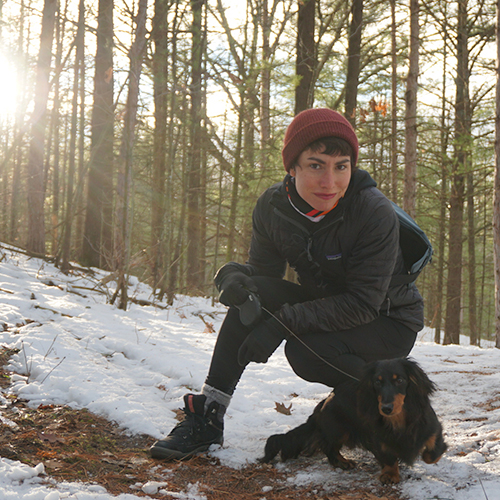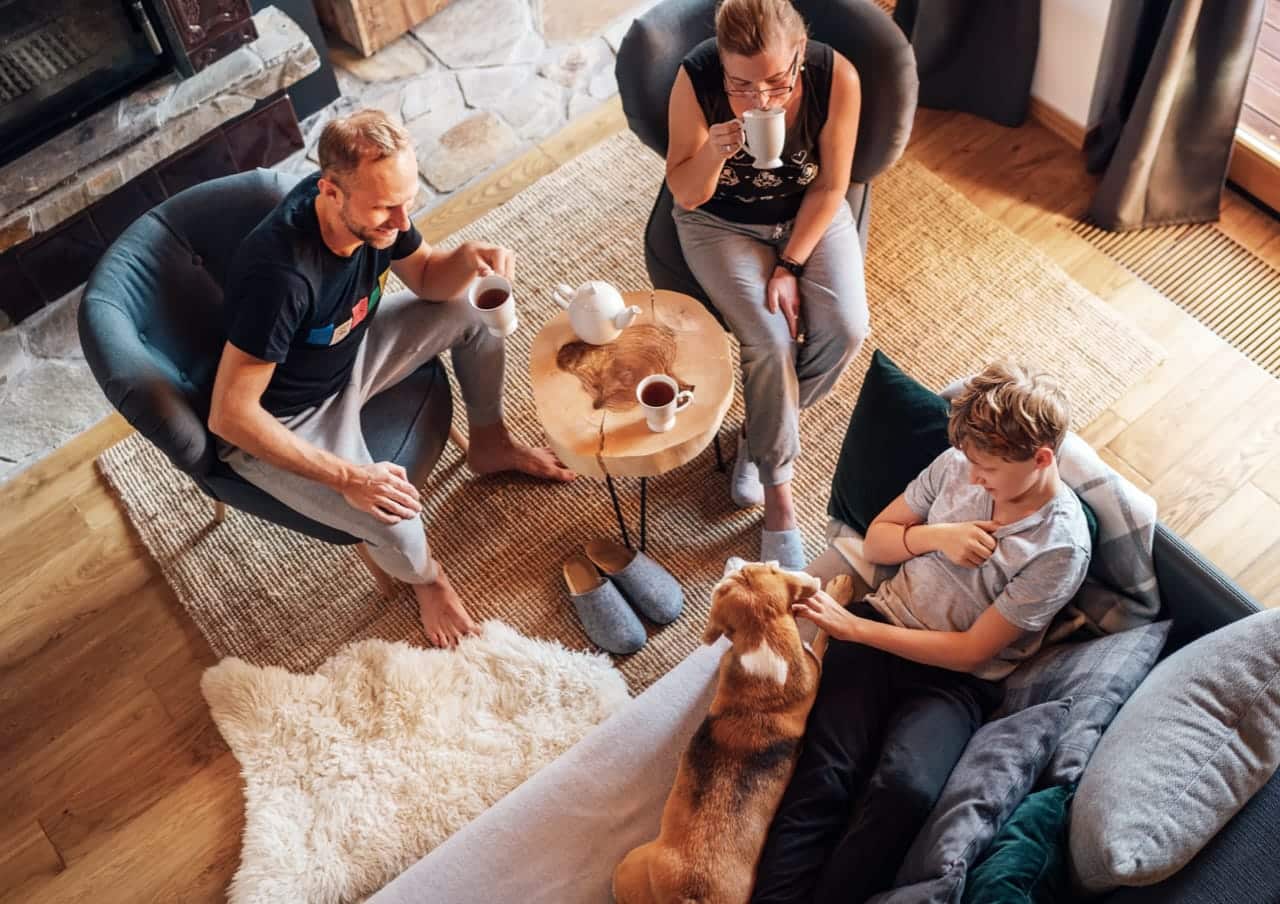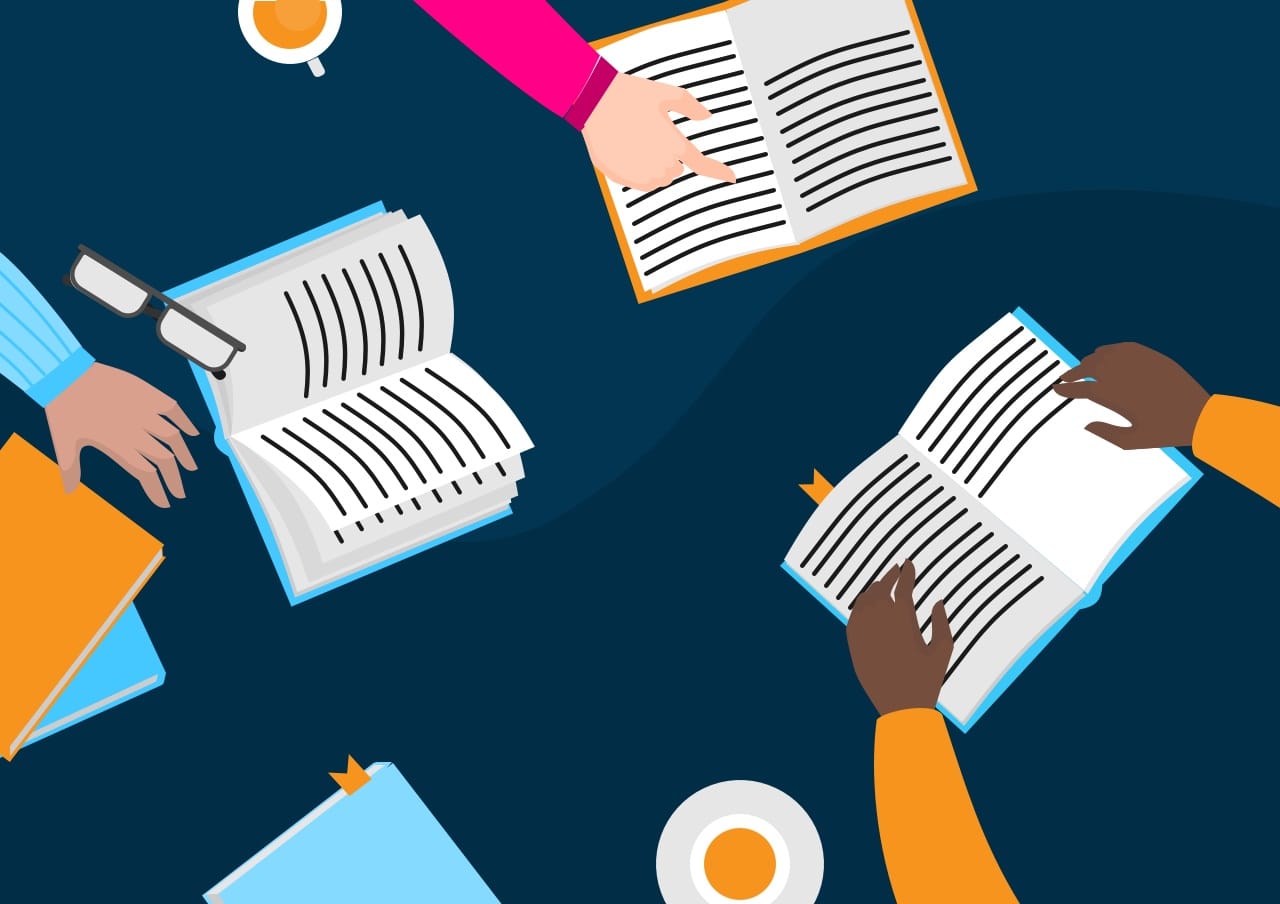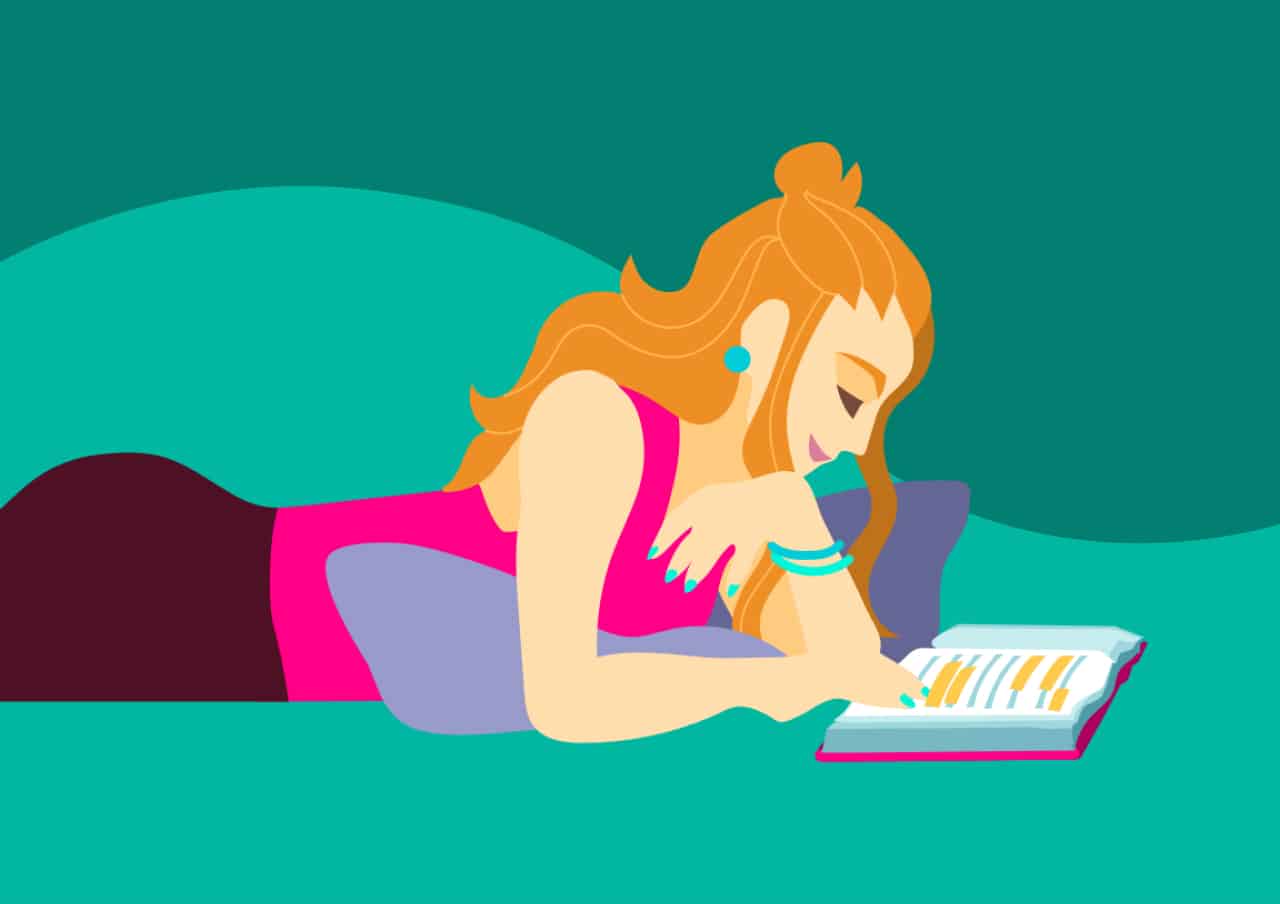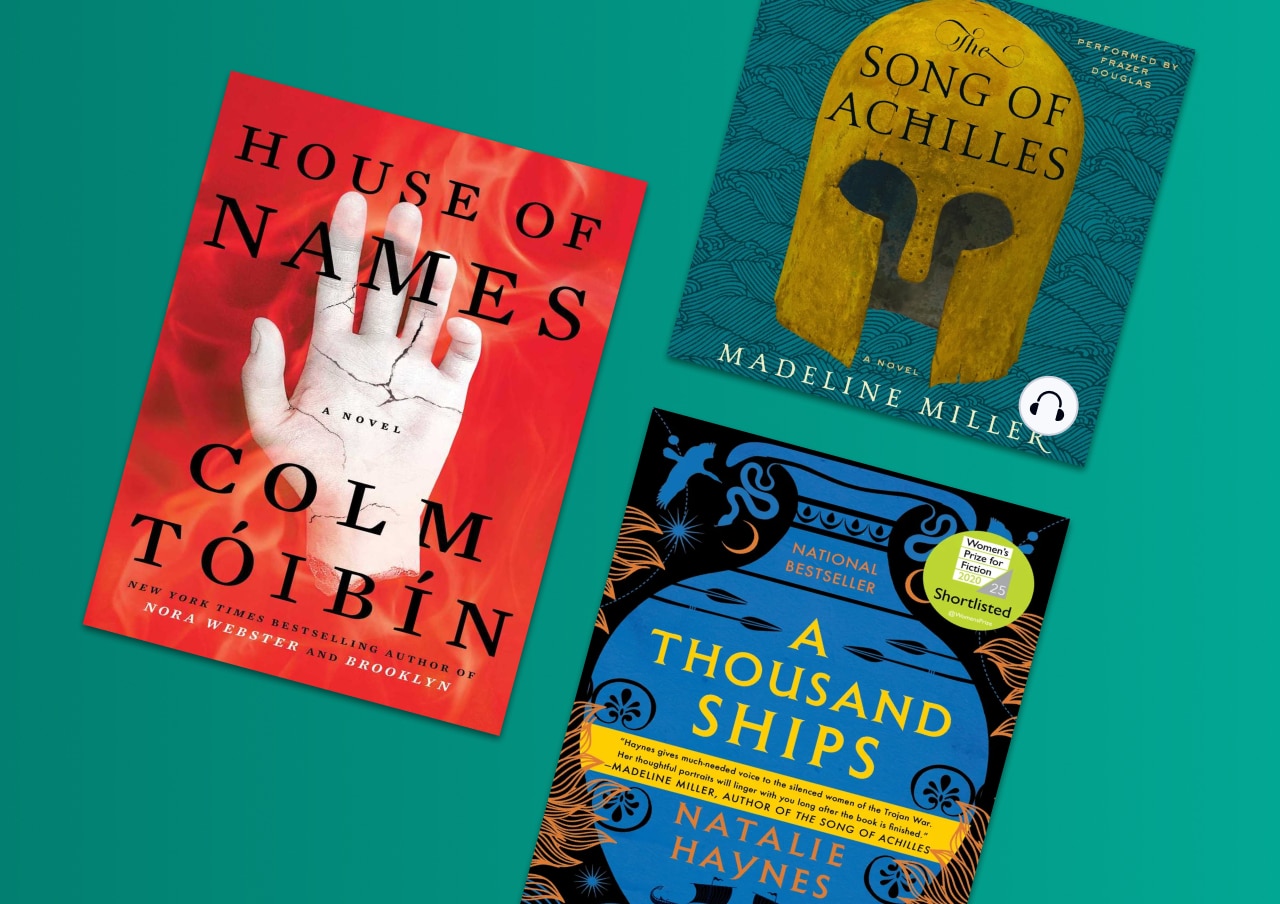
When Scribd Coach author and leadership expert Pierre Quinn wrote The unBalanced Life: 10 Principles for a More Balanced Life, he wanted readers to understand one thing: Finding balance doesn’t look like spending equal amounts of time and effort in every part our lives, it means making peace with the fact that you’ll never spend equal time or energy on everything, and that’s OK. As a former pastor, college professor, and professional fundraiser — plus a father of young girls — Quinn knows that not only is a sense of balance hard to find, but it’s also a moving target.
Here, he explains what he means by the “unbalanced” life, and offers a few ways to think about how to spend your time:
Balance doesn’t mean equal time spent
"When you look up the word “balance” in the dictionary, the first entry typically says something about equal parts of something working in motion. But the second definition usually talks about having things in the right proportion,” Quinn says. “That’s the important definition. Look at the food pyramid, for example: It's not equal amounts of the same thing. You wouldn't eat as much chocolate and ice cream, as you would vegetables. Really, a balanced life is an unbalanced life. It's a life that doesn't have all sections in equal amounts, but it has the right proportions for where you are and for where you're looking to go."
How unrealistic expectations break balance
"I turned 41 this year, and there's a lot of ’shoulds’ that tend to happen to people around this age of life. People start thinking, 'I should have been a multimillionaire and New York Times bestselling author’ and all of these other things,” Quinn says. "We spend a lot of time thinking about where we should have been, and we neglect where we are. Our eyes get closed to where we have the possibility to go. Because of these unrealistic expectations, because of the mismanagement of life balance, there are times when we're younger where we took steps because we were afraid, or we were dealing with societal pressure, or we were dealing with parental expectations. Because of that, we can end up in a place that's not a good fit. And when you're in a place in life that's not a good fit for you, it’s hard to admit. When I was in my thirties, I had to come to a sad realization that I was living someone else’s life. I was mismanaging someone else's expectations for myself, and I was totally neglecting what I was asking of myself at my core."
How outer expectations throw us off daily
“On the macro level, we have societal expectations, but we also have outer expectations that affect us every day. Think about how so many of us start our day: With an alert, a vibration, or a ding. So from the moment we wake up, we are on somebody else's calendar,” says Quinn. “I even found myself doing it not with work email, but with marketing emails urging me to buy stuff! I hadn't created a space, a little buffer to say, 'Hey, before we dive into everybody else's world, what did you even expect for yourself today?’ Set some expectations for yourself, and then put other things into perspective. Because if you don’t, then the first email is going to throw you off for that day. Then, months or years later, you’re trying to figure out how you got to this point.”
How to maintain perspective
“Being thrown off for one day because of an urgent email seems fine, but if you’re in that habit, that becomes your everyday,” says Quinn. “You get a message and it seems like an appropriate disruption at just the right time. The deception is the idea that if I answer or respond fast enough, then I can increase my relevance. I'm basing how relevant I am to the world on my response time. We've placed our value on speed versus quality.”
Why we skip self-care
“So many of us miss self-care and that puts us out of the balance we’re looking for,” says Quinn. “Getting out in nature, going on walks, getting exercise: That's a huge part of life that so many people sacrifice. But you only get one body. We tell ourselves we’ll focus on self-care eventually, once we have time, or money, or when there are less competing priorities. But no matter where we are, we need to have some kind of self-care."
“Balance” changes over time
“Even self-care will change over time, and it is important to know that what is balanced for us at one point may not work five years later. I’m 41 now and I work for myself. I get to travel and speak, and I also have the privilege of being able to take a nap mid-afternoon a few times a week,” he says. "I can do that at this stage in my life. When I was in grad school with two small children, working full time, that nap wasn’t part of the equation. A 6 a.m. jog was part of my self-care at that point. It’s changed. I’m always checking in with myself and asking, ‘What am I looking to accomplish? What are the tools and options out there? What's the right fit for where I am now?’ Just because something is recommended doesn't necessarily mean that it's going to work for you right now.”
Finding “unbalance” avoids burnout
"The more we wrestle with this concept of finding balance and our lives not having a good fit, the more likely we are to experience burnout,” says Quinn. “One of the key factors in avoiding burnout is resilience. And resilience is how well you recover from whatever you go through. When our lives are misaligned, when we're trying to spin all plates all at once, we find ourselves working harder in one particular area than we should, or than we have the capacity for. And when you overwork in a certain area — or in multiple areas — it leads to burnout. And if you aren’t making space for self-care, you’re lowering your ability to recover and be resilient."
